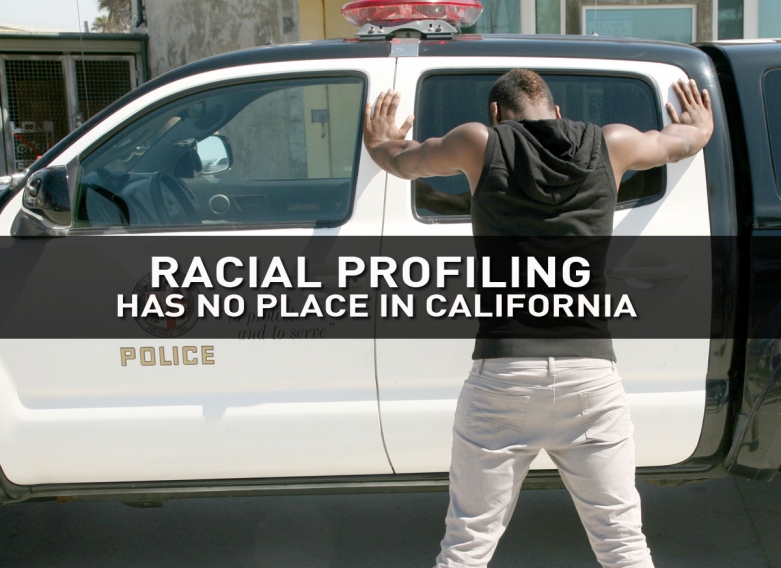Article Media

Sacramento – According to a new poll conducted by Tulchin Research, 67% of likely California voters support AB 953: The Racial and Identity Profiling Act of 2015, a state bill introduced by Assemblymember Shirley Weber (D-San Diego) to combat racial and identity profiling by law enforcement. The poll results come as the bill heads to the California Senate Appropriations Committee.
The statewide poll, conducted in July for the ACLU of California Center for Advocacy and Policy, found that nearly two-thirds of voters (65%) in California believe black people are more likely to be discriminated against by police. This includes nearly 9 out of 10 black voters (89%) who believe the same.
Additional poll findings include:
- Nationwide events: Nearly every voter (95%) reports having heard of the recent high-profile police shootings and misconduct cases in Ferguson, New York and Charleston and most voters (80%) believe something like that could very well happen in California.
- Police discrimination: 71 percent of California voters believe police are most likely to discriminate against young black men. Similarly, voters view Latinos (58%) and young Latino men (61%) as groups that are more likely to be discriminated against.
- Use of force legislation: There is strong voter support (71%) for legislation aimed to increase transparency and accountability when it comes to law enforcement’s use of force reporting practices, such as AB 619 (Weber) and AB 71 (Rodriguez).
The numbers speak for themselves. When it comes to AB 953: The Racial and Identity Profiling Act of 2015, Californians across the board support this solution-based proposal to put us on the path to fair policing.
In the wake of events in Ferguson, New York, Charleston and Baltimore, we have been left heartbroken and shaken by the sometimes lethal impacts of racially biased policing. This year in California, over 100 people have died at the hands of police officers.
Our leaders and elected officials should listen to California voters and act on sensible reforms like AB 953.
— Natasha Minsker, Director of the ACLU of California Center for Advocacy and Policy
Background
During July 10-14, 2015, Tulchin Research conducted a statewide survey in California among 900 likely November 2016 voters, including a statewide sample of 800 voters and an oversample of 100 African American voters. The margin of error for the statewide base sample is +/- 3.46 percent.
An independent analysis of officer-involved killings found that California leads the nation in the number of deaths, with over 100 people killed so far this year. Additionally, many people have lived experiences with biased policing and police misconduct. However, the state of California does not collect, analyze, or make available information about who the police, stop, search or even shoot.
AB 953: The Racial and Identity Profiling Act of 2014 was introduced by Assemblymember Shirley Weber (D-San Diego) to identify and address problems with disparate policing as they pertain to police stops.
If approved, AB 953 would:
- Update California’s definition of racial and identity profiling to be in line with federal recommendations by including other demographic characteristics, such as gender and sexual orientation.
- Require that California law enforcement agencies uniformly collect and report data on stops, frisks, and other interactions with the communities they serve.
- Establish an advisory board to analyze stop data and develop recommendations to address problems with disparate policing where they exist.
Nearly two dozen police reform proposals were introduced in the California legislature this year. However, AB 953 is one of the last few proposals standing after the law enforcement lobby flexed its political muscle in Sacramento.
You can read Tulchin Research’s full poll memo here and you can read more on AB 953 here.
AB 953 is co-sponsored by the ACLU of California, Asian Americans Advancing Justice – Sacramento, California State Conference of the NAACP, Dignity and Power Now, PICO California, Reform California, and Youth Justice Coalition.
